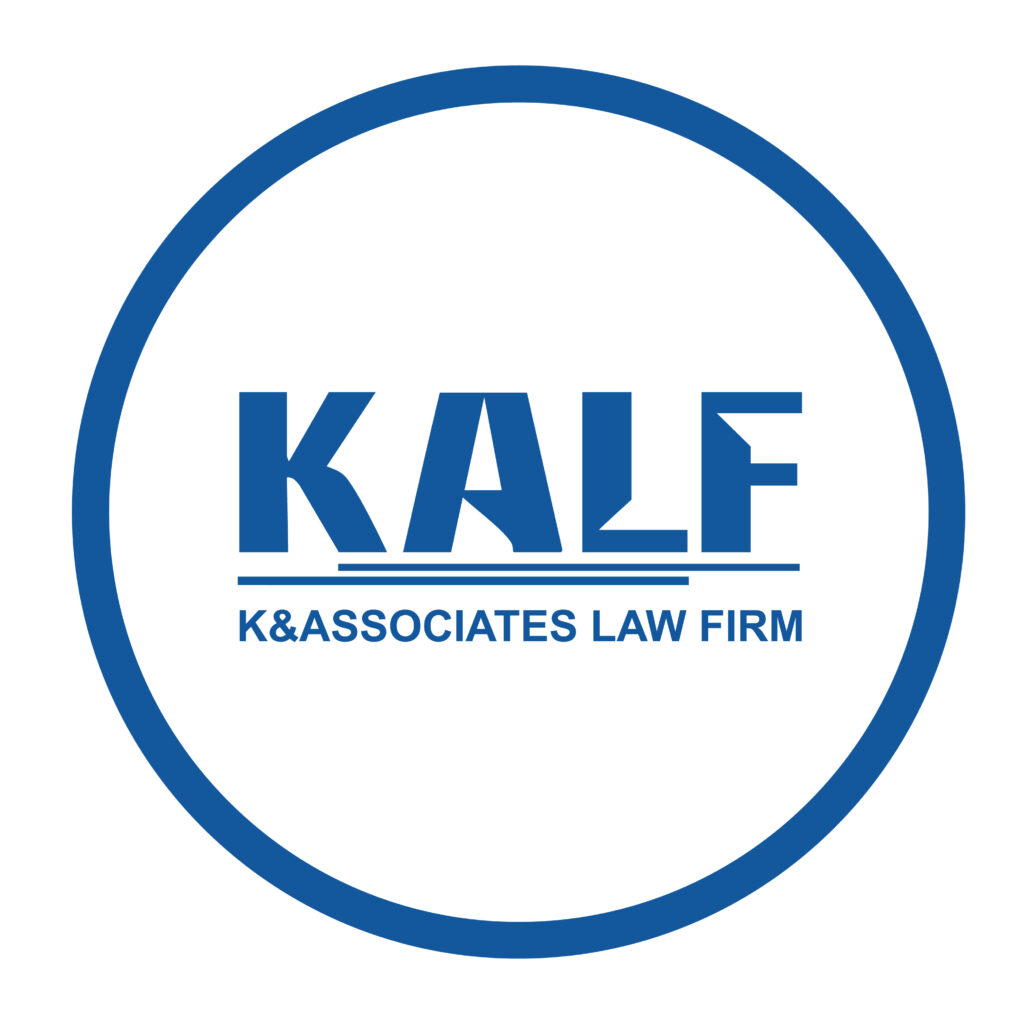Blog
21/08/2024
OPENING OF BUSINESS BANKRUPTCY PROCEDURES
In the current challenging and difficult economic context, many businesses are in a state of...
Xem thêm16/08/2024
METHOD OF WITHDRAWAL OF CAPITAL OF FOREIGN INVESTORS
Transfer of shares/contributed capital Medical work In case the Investor is a founding shareholder and holds...
Xem thêm14/08/2024
ESTABLISHMENT OF A NEW ECONOMIC ORGANIZATION
1. Concept According to Clause 21 Article 3 of the 2020 Investment Law, an economic...
Xem thêm12/08/2024
LAND USE TAX (AGRICULTURAL LAND, NON-AGRICULTURAL LAND)
Agricultural land use tax Does agricultural land have to pay tax? Agricultural land used for...
Xem thêm08/08/2024
COMPANY ACQUISITION PROCEDURE
Step 1: Verify company information Organizations and individuals acquiring the company before buying need to...
Xem thêm05/08/2024
VISA PROCEDURES FOR FOREIGNERS
What is an entry visa card? Vietnam entry visa (also known as entry visa) is...
Xem thêm02/08/2024
ESTABLISHMENT OF OFFSHORE BUSINESS HOUSEHOLDS
What is a business household? According to the laws of our country, business households are...
Xem thêm31/07/2024
STOCK LISTING
Conditions for listing shares Stipulated in Article 109 of Decree 155/2020/ND-CP, specifically: – Being a joint-stock company with...
Xem thêm30/07/2024
CANCELLATION OF PUBLIC COMPANY STATUS
In case of cancellation of the status of a public company Article 8 of Circular...
Xem thêm30/07/2024
CORPORATE INCOME TAX IN VIETNAM
Concept of corporate income tax Corporate income tax is a direct tax, levied on taxable income of...
Xem thêm25/07/2024
PROCEDURE FOR THE ACQUISITION OF A PRIVATE COMPANY
1. Order and procedures for acquisition of a private company Step 1: Prepare documents about changing...
Xem thêm22/07/2024
CORPORATE INCOME TAX
What is corporate income tax? Corporate income tax (CIT) is a type of tax directly...
Xem thêm













